What Should We Read This Summer?: Emerson Edition
Whether you’re on a beach, your back porch, or your lunch hour, summer is always a great time to put your feet up and become engrossed in a good book.
But we don’t always know what book to pick up, so we asked faculty and staff for their suggestions.
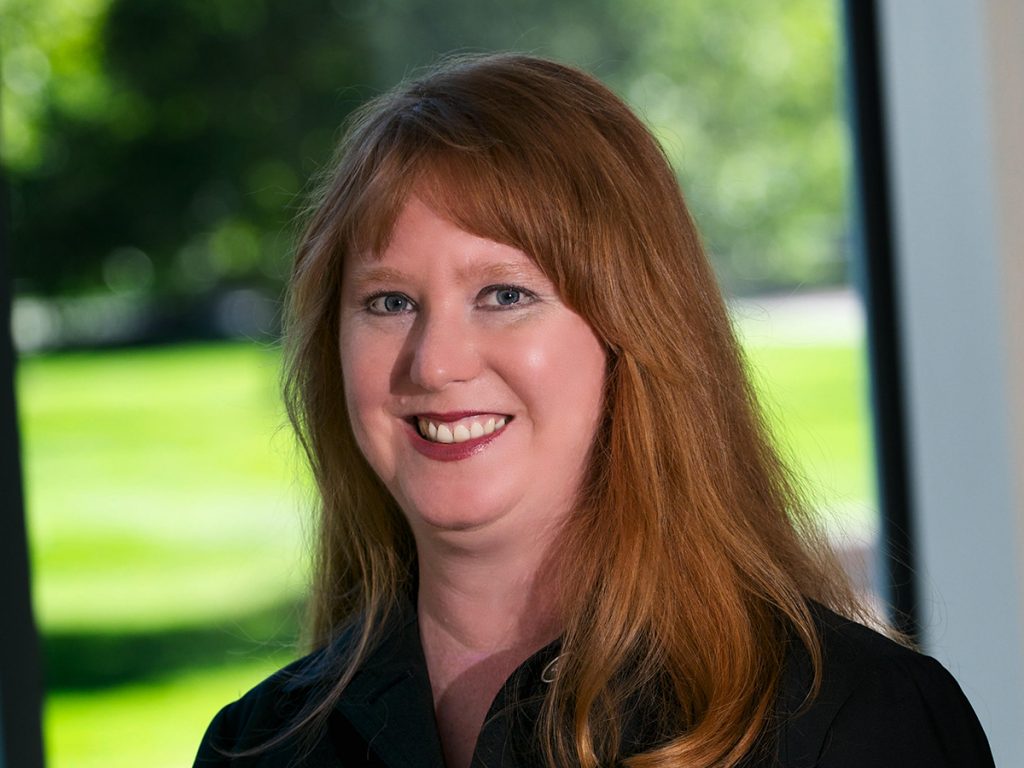
“I read Miracle Creek by Angie Kim this summer based on a friend’s recommendation that it was the best beginning of a book she had ever read,” said Cheryl McGrath, executive director of library & learning. McGrath added that the beginning was as advertised: riveting!
Cristina Kotz Cornejo, professor and chair of the Department of Visual and Media Arts suggested belonging: a culture of place by bell hooks.
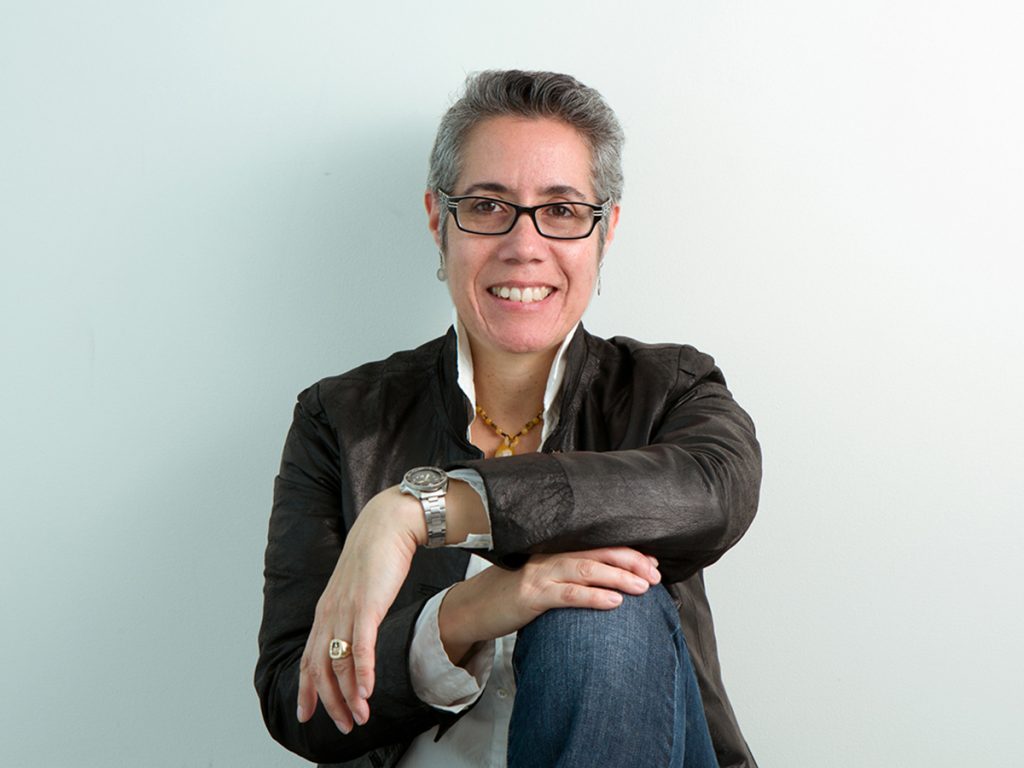
“These are a collection of essays by hooks where she explores the concept of ‘belonging’ after her circular journey of finding her place and home,” said Cornejo. “For someone who grew up in many places around the country and in Argentina, I was drawn to hooks’ very astute observations about what it means to call a place home and the connections to the geographic land. Ultimately, the book tackles the politics of race, gender, environmentalism, and class, but so far in my reading, with an eye toward hope.”
Associate Professor of Journalism Roger House suggests a book in honor of the upcoming wrestling and boxing tournaments in the Tokyo Olympics.
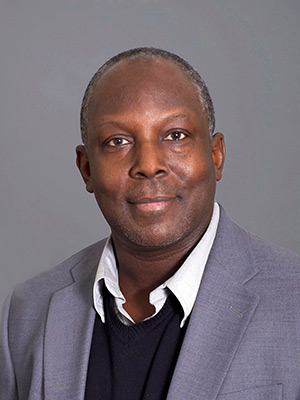
“I’d like to recommend this classic work on martial arts history, Western Boxing & World Wrestling: Story & Practice by John F. Gilbey. It is a short and entertaining read on the feats of authentic boxers and wrestlers – including street fighters – as well as on the phony wrestling matches that draw huge audiences. In regards to current day fan interest in mixed martial arts, he offers this sage advice, ‘Let me here cite some more chapter and verse for my belief that you should always bet the wrestler. Sure, there are cases of mixed matches in which the boxer seems to have prevailed – but don’t bet on it.'”
Christine Ann Del Favero, director of alumni relations, recommended Marjan Kamali’s The Stationary Shop, and added that you shouldn’t read online descriptions of the book, because they give away too much.
“Born in Turkey to Iranian parents, [Kamali] has written a captivating story of love, loss, and how our lives and heartbreaks are connected. The Stationary Shop takes place during the political upheaval of 1953 Tehran and drew me in from the start,” said Del Favero.
Dan Crocker, electronic resources coordinator for the Iwasaki Library, provided several suggestions.
“If you’re looking for earnest, honest, powerful, and profound, I can wholeheartedly recommend H is for Hawk by Helen Macdonald. Just be aware you’ll likely want to pick up T.H. White’s The Once and Future King after reading it,” said Crocker.
“If scathing and satirical is more your bent, Paul Beatty’s The Sellout is so good that rather than ruin any of it, I can only suggest you find a copy …”
And you can’t go wrong with summer classics like Lucy Maud Montgomery’s Anne of Green Gables, points out Matthew Finn, associate director of faculty administration. “It’s such a light, well-written summertime read — reminds me of being a kid! I loved all of the [Anne of Green Gables series] books as a kid in the summer.”
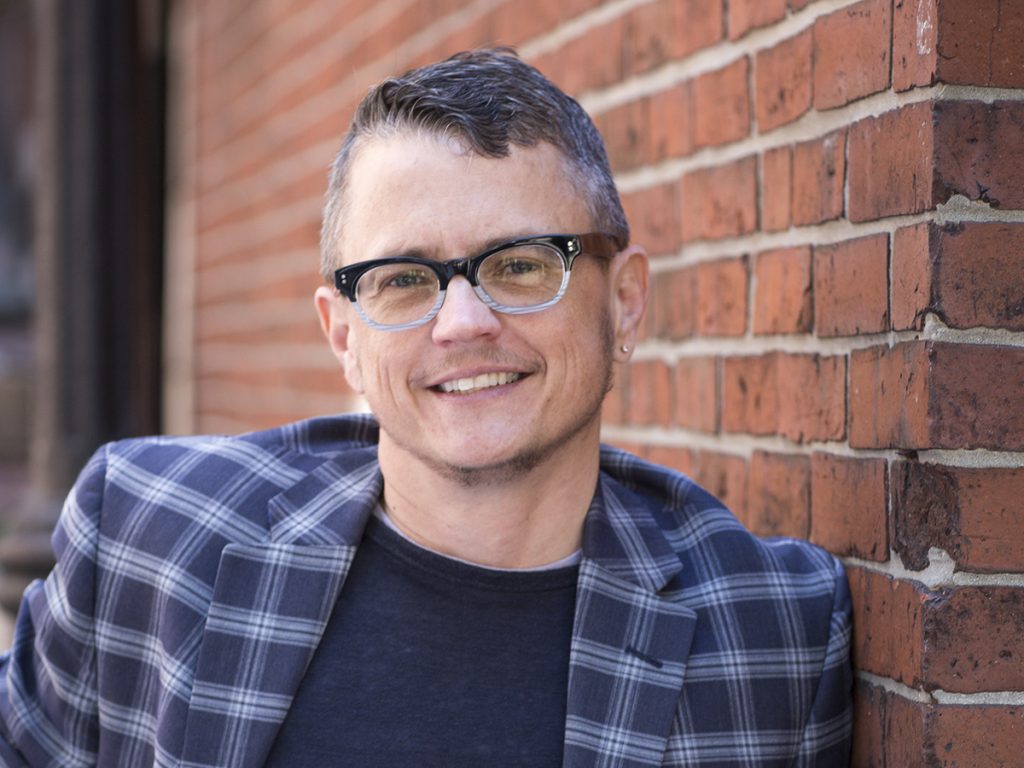
P. Carl, senior distinguished artist in residence, recommended a book he’s utilized as research for some of his upcoming work, which already popped up as a recommendation: H is for Hawk.
“I am doing a deep dive into birds as I am exploring birds as a theme in my next book, and so I am reading a lot of bird books,” said Carl. “What I love about this book — it’s a memoir about McDonald’s training of a goshawk — the joy and terror of it. It’s a project she takes on as she processes the death of her father. I am drawn to the way she approaches knowing this mysterious creature, the ways she makes herself invisible in order to be totally present to this completely unknown force of nature. This process of coming to know the unfamiliar and open ourselves to what scares and intrigues us feels critical to how we think about all of the political divisions between us that come from not taking the risk to know the other.”
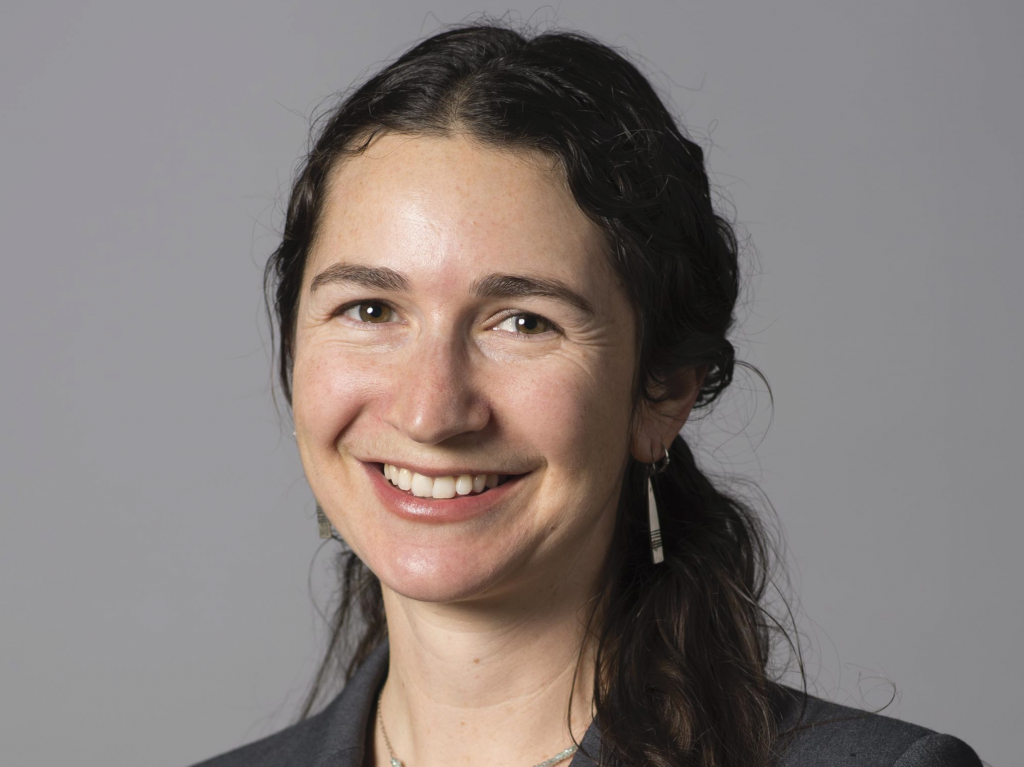
Again, how can you choose just one book? Mneesha Gellman, associate professor of political science in the Marlboro Institute for Liberal Arts and Interdisciplinary Studies and director of the Emerson Prison Initiative, provided numerous suggestions.
“Braiding Sweetgrass: Indigenous Wisdom, Scientific Knowledge, and the Teaching of Plants by Robin Wall Kimmerer, was my favorite book that I read this last year. It reminded me that ultimately, our relationship with the earth is what defines our souls. If we forget to pay attention to the land, water, and cycles, we may lose our purpose,” said Gellman. “Also, Shantaram by Gregory David Roberts helped me cultivate gratitude for the life I have.”
Gellman also recommended two more selections.
On Indian Ground: A Return to Indigenous Knowledge-Generating Hope, Leadership and Sovereignty through Education written by Michelle M. Jacob, and edited by Stephany RunningHawk Johnson.
Said Gellman, “This book helped me envision a different way to think about the purpose of education.”
Jeremy Slack’s Deported to Death: How drug violence is changing migration on the US–Mexico border:
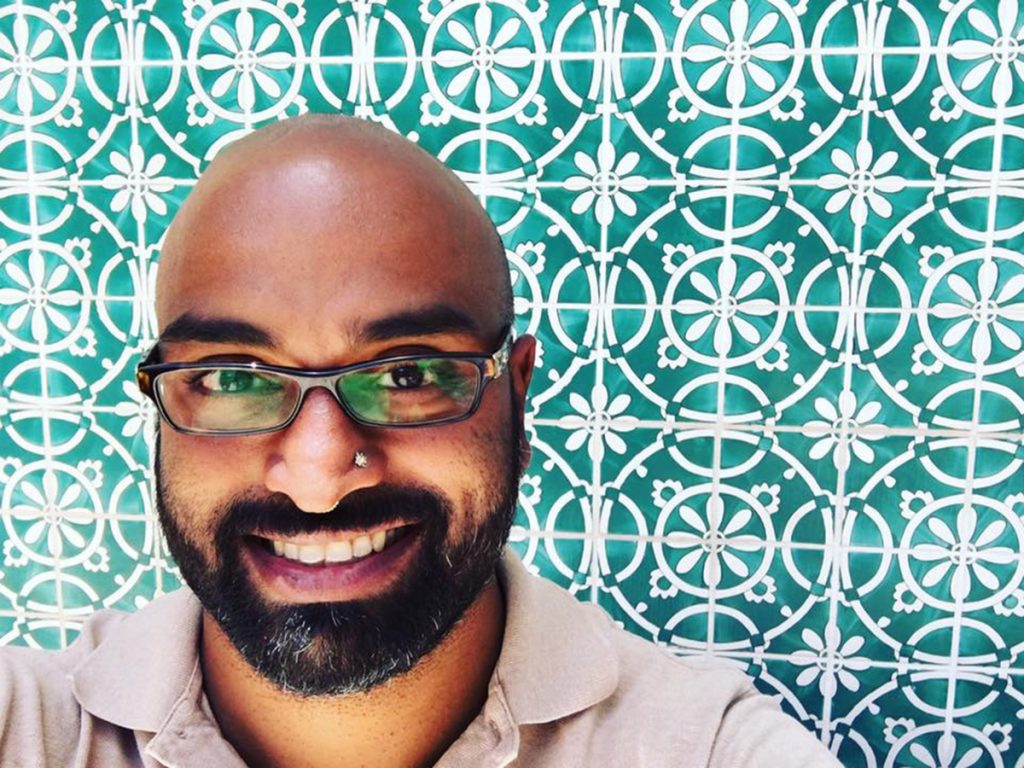
“This book shows the human cost of migration and how human rights violations are a constant part of U.S.-Latin American relations. Its compelling narratives make an intense topic personal in a way that academic books can struggle to do,” said Gellman.
And while they may count as an Emerson staff or faculty member, WBUR’s The ARTery included Writing, Literature and Publishing Assistant Professor Rajiv Mohabir’s Antiman: A Hybrid Memoir in its 10 Summer Books By New England Authors To Read On The Beach Or The Couch.
“As a Guyanese Indian immigrant growing up in central Florida, Mohabir wanted to rediscover the cultural history his family left behind in coming to America,” WBUR writes. “His personal journey takes him to Toronto, New York, Varanasi, India and beyond to discover where he feels most at home — as a queer poet who is unapologetically himself.”
Categories